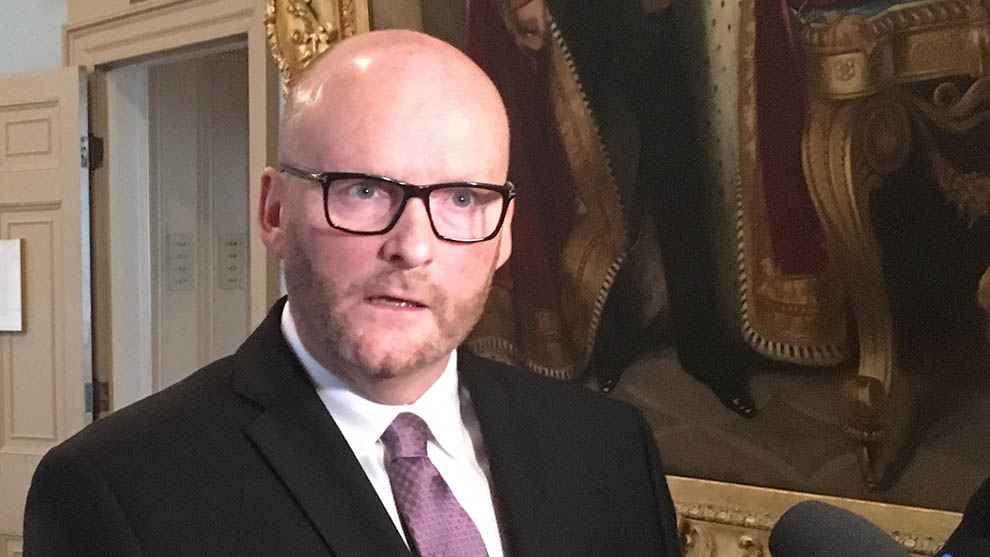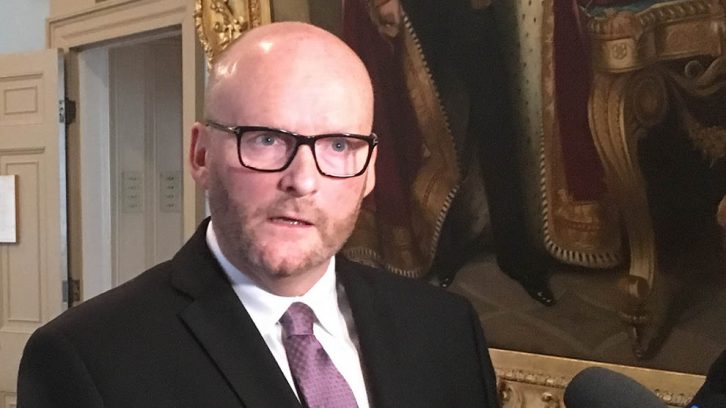Health
Province vulnerable to home care fraud, says auditor general
Auditor general report also found 8 of 12 recommendations were not addressed

caption
Auditor General Michael Pickup expressed concern for home-care fraud in his report
caption
Auditor General Michael Pickup expressed concern for home care fraud in his report.At the Standing Committee on Public Accounts on Wednesday, Auditor General Michael Pickup explained a report saying his office is concerned that the province doesn’t have enough oversight over home care contracts.
Home care helps 30,000 Nova Scotians stay in their homes instead of a nursing home or hospital. The auditor general’s report, released last week, said $140 million is spent each year on home support. However, the province isn’t sure whether the Department of Health and Wellness is being overbilled for home care services because it doesn’t verify service hours or user fees.
Members of the committee questioned Pickup about the contract oversight. His response for many of those questions was, “that’s a better question for the deputy minister.”
“I’m always a bit leary to try and speak for others in terms of explaining whether that was a resource decision, a priority decision, a management decision, or what exactly happened,” said Pickup. Related stories
The report explained that because the Department of Health didn’t verify service hours or user fees, they could be overbilled.
Pickup said the department acknowledged it needs more oversight on contracts. They accepted all seven recommendations from this year’s audit, but also have eight remaining recommendations from 2008’s audit to implement.
Suzanne Lohnes-Croft, Liberal MLA for Lunenburg, questioned whether the recommendations from 2008 were still relevant in 2017. She wondered if there was the delay was due to the recommendations being outdated.
The auditor general said the audit already asked staff to categorize the recommendations by relevance and other factors.
“What the government folks told us is that 99 per cent of those recommendations continue to be relevant,” said Pickup.

